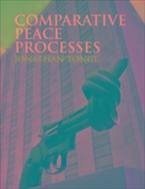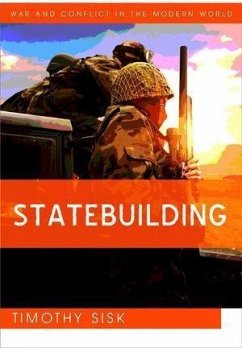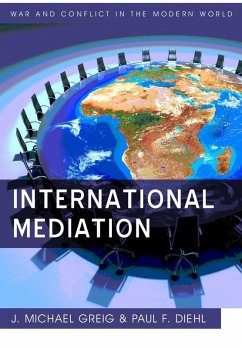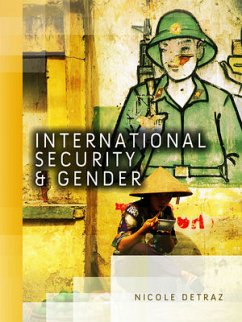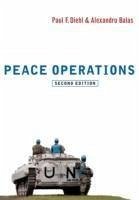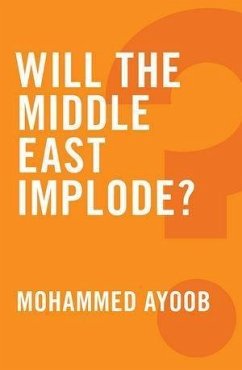
International Mediation (eBook, ePUB)
Versandkostenfrei!
Sofort per Download lieferbar
18,99 €
inkl. MwSt.
Weitere Ausgaben:

PAYBACK Punkte
0 °P sammeln!
Conflicts in the international system, both among and within states, bring death, destruction, and human misery. Understanding how third parties use mediation to encourage settlements and establish a durable peace among belligerents is vital for managing these conflicts. Among many features, this book empirically examines the history of post-World War II mediation efforts to: * Chart the historical changes in the types of conflicts that mediation addresses and the links between different mediation efforts across time. * Explore the roles played by providers of mediation in the international sy...
Conflicts in the international system, both among and within states, bring death, destruction, and human misery. Understanding how third parties use mediation to encourage settlements and establish a durable peace among belligerents is vital for managing these conflicts. Among many features, this book empirically examines the history of post-World War II mediation efforts to: * Chart the historical changes in the types of conflicts that mediation addresses and the links between different mediation efforts across time. * Explore the roles played by providers of mediation in the international system - namely, individuals, states, and organizations - in managing violent conflicts. * Gauge the influence of self-interest and altruism as motivating forces that determine which conflicts are mediated and which are ignored. * Evaluate what we know about the willingness of parties in conflict to accept mediation, when and why it is most effective, and discuss the future challenges facing mediators in the contemporary world. Drawing on a wide range of examples from the Oslo Accords and Good Friday Agreement to efforts to manage the civil wars in Burundi, Tajikistan, and Bosnia, this book is an indispensable guide to international mediation for students, practitioners, and general readers seeking to understand better how third parties can use mediation to deal with the globe's trouble spots.
Dieser Download kann aus rechtlichen Gründen nur mit Rechnungsadresse in D ausgeliefert werden.



